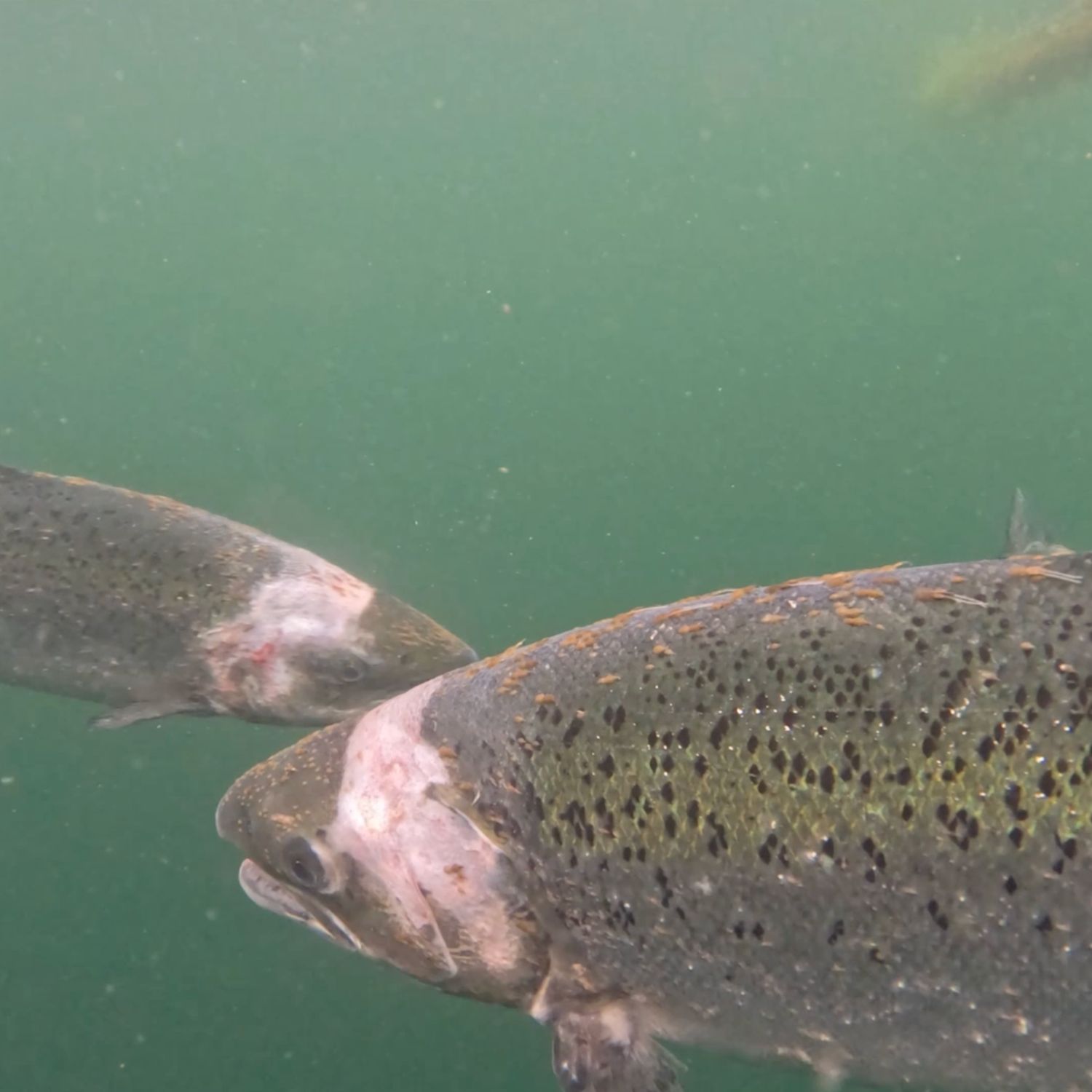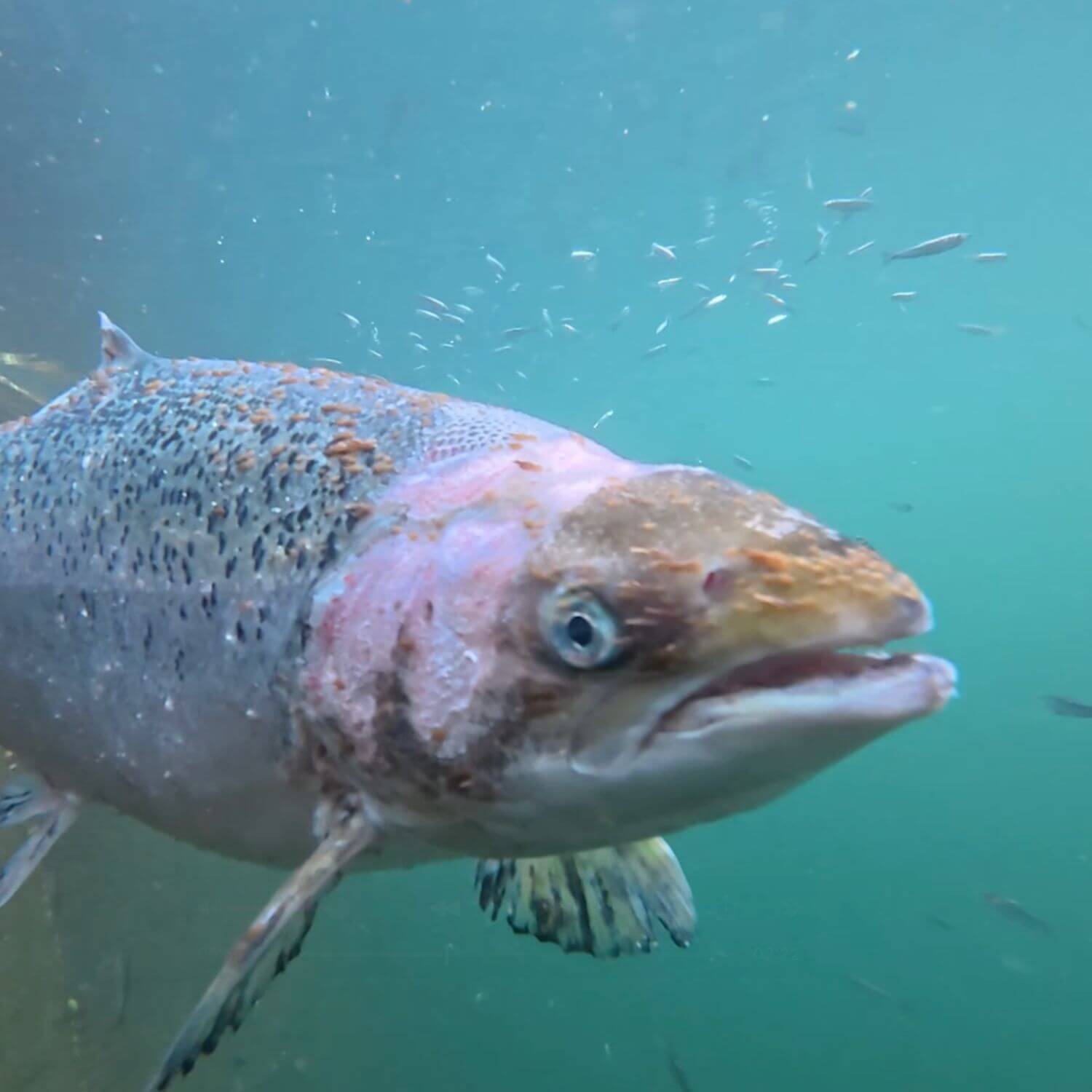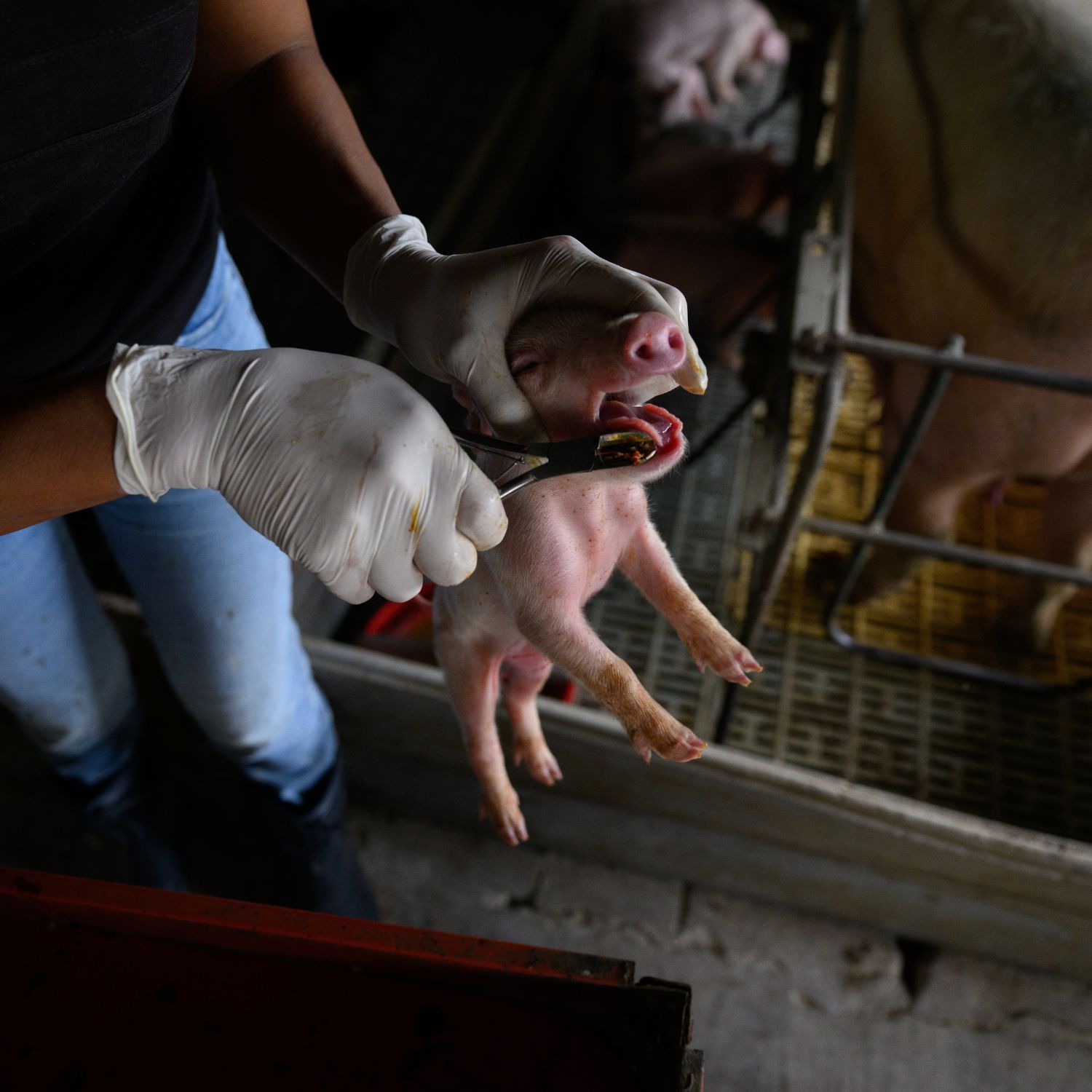Major Hotel Company Commits To Progress For Chickens
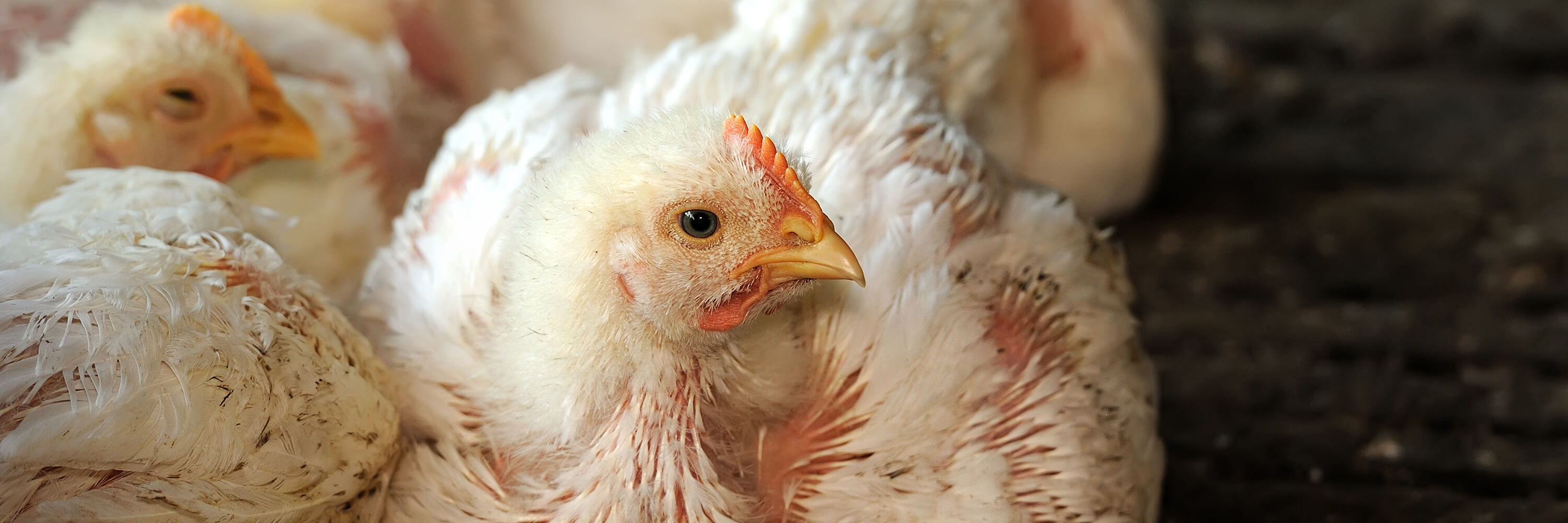
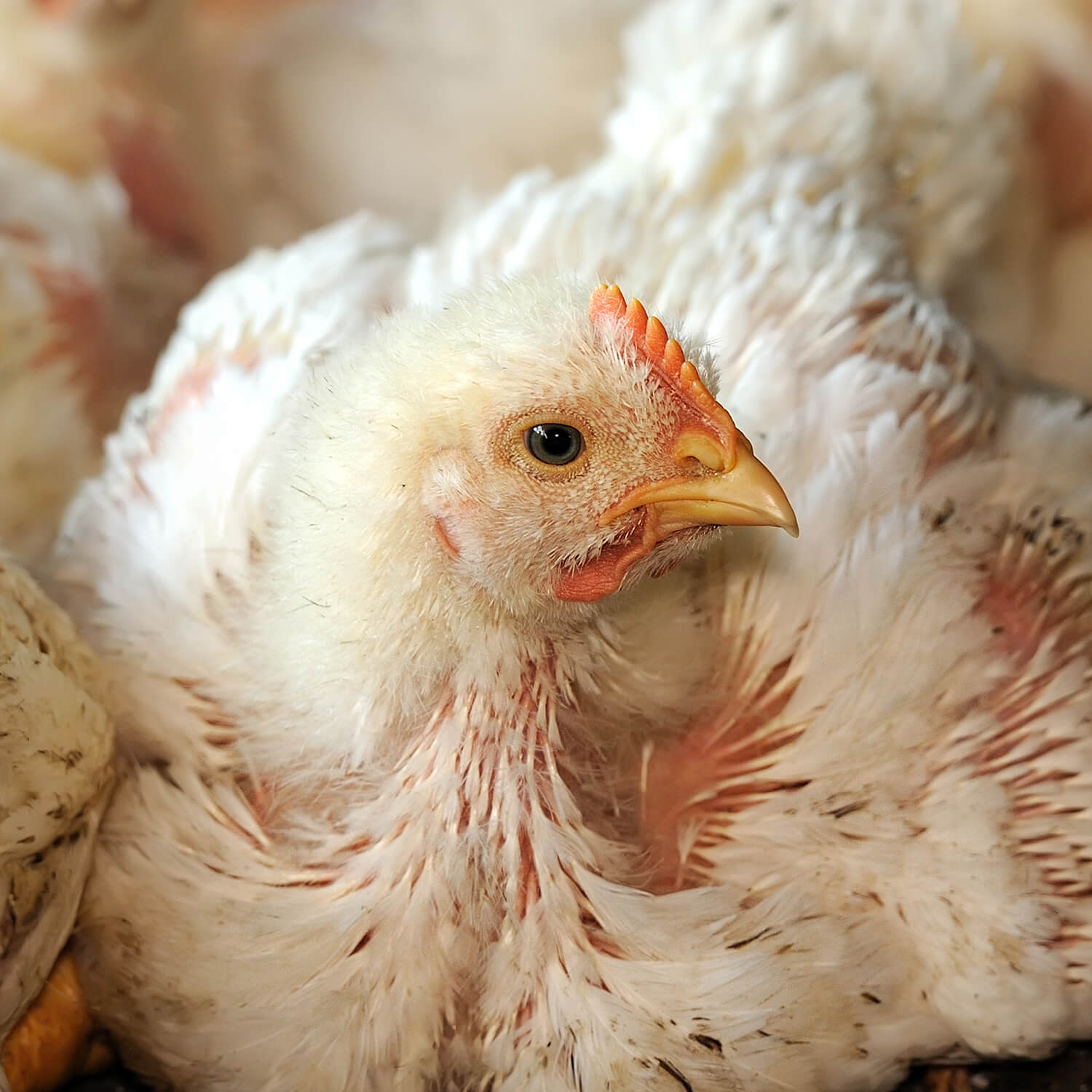
Progress for chickens
Following talks with Animal Equality, leading London hospitality business GLH Hotels has signed up to the Better Chicken Commitment, pledging to end some of the worst abuses for chickens raised for meat across its entire supply chain.
GLH Hotels – whose brands include The Clermont, Hard Rock Hotel London and Thistle Hotels – manages over 5,000 hotel rooms as well as many meeting and event spaces, making the company highly influential in the hotel industry.
It joins more than 400 other companies worldwide who have signed up to the Better Chicken Commitment, a set of science-led welfare standards which were developed by animal experts with the aim of ending the very cruellest practices forced on chickens in the agriculture industry. Once adopted, these key changes, which include keeping the chickens in less crowded conditions and eliminating some of the worst health problems they experience, will have a significant impact on the birds in GLH Hotels’ supply chain.
We’re pleased that we were able to work with GLH Hotels to make this crucial progress possible.
A step in the right direction
The UK meat industry raises and kills over one billion chickens every single year, with the vast majority of these farmed in extremely intensive conditions. The birds are selectively bred to grow to an unnaturally large size in a matter of weeks and as a result their bodies struggle to cope, which often leads to painful injuries and illnesses.
Although farming animals can never be cruelty-free, incremental changes are a positive step in the right direction for the animals who are currently trapped on factory farms and who, tragically, will never escape from the system. Our Corporate Outreach team works behind the scenes to encourage companies to implement meaningful policies which stop some of the cruellest farming practices from taking place.
It’s time for all companies to give chickens the urgent attention that they deserve and address the inherent welfare problems in conventional chicken meat production, as GLH Hotels has done.
Michelle Baxter Wickham, Corporate Outreach Manager at Animal Equality UK
Preventing future pandemics
The extreme suffering caused to chickens in the meat industry isn’t the only problem with factory farming. Keeping stressed animals who have weakened immune systems so close together, and in such large numbers, creates a hotbed for disease outbreaks. This increases the risk of human pandemics and threatens global health.
Animal Equality UK’s Corporate Outreach Manager, Michelle Baxter Wickham, said: “Given the challenges of the last year caused by COVID-19, food safety and security is at the forefront of people’s minds now more than ever before. Companies have the power to reduce the risks to animal and therefore human health by committing to make necessary improvements in their chicken meat supply chains.”
On an individual level, we can also help combat the risk of new animal-borne diseases emerging by opting for plant-based foods instead of eating animal products.

